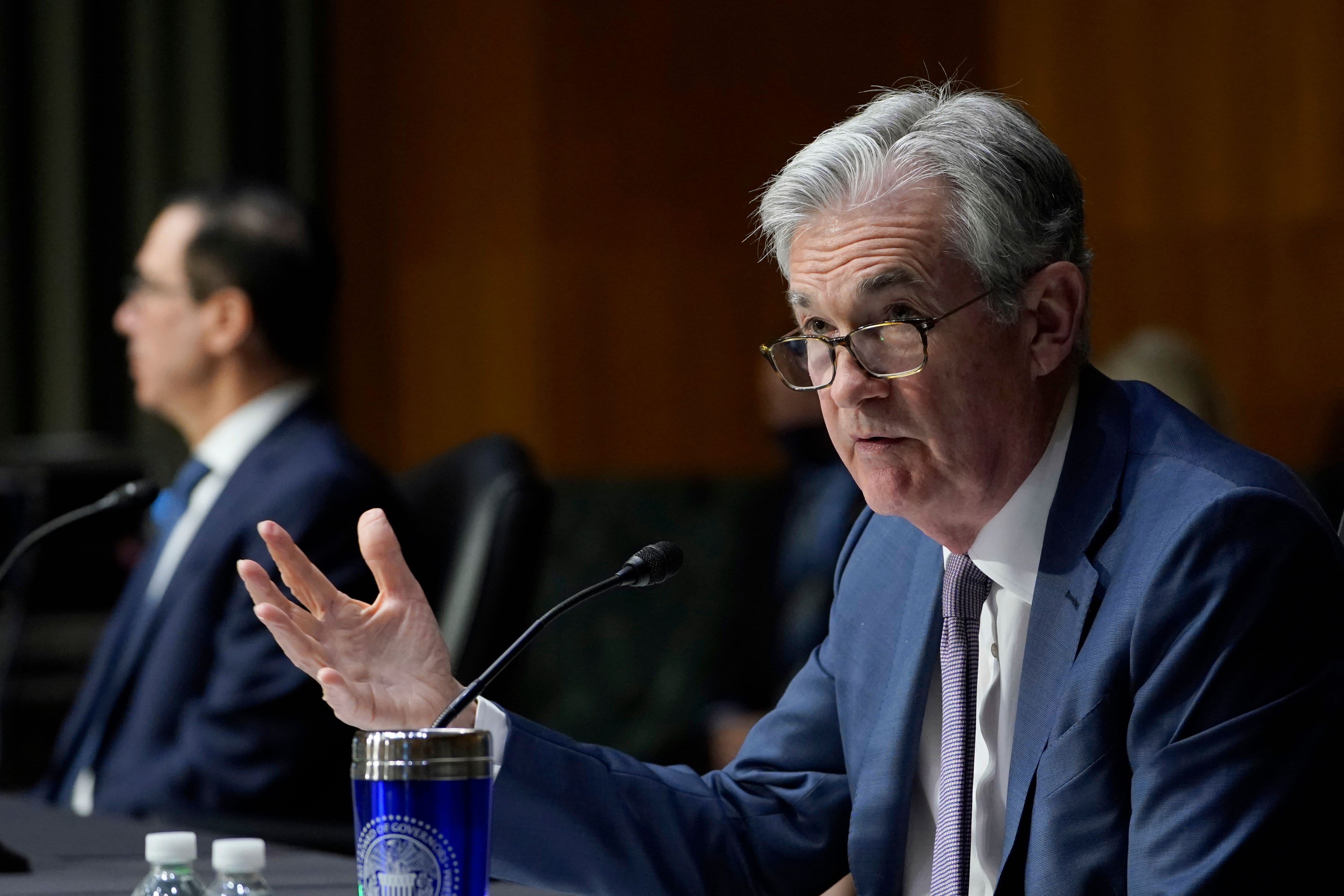10-year Treasury yield jumps back above 1.5% after Powell comments on inflation

The 10-year U.S. Treasury yield rose on Thursday as Fed Chair Jerome Powell discussed inflation and economic growth.
The yield on the benchmark 10-year Treasury note rose to 1.526% shortly at 12:30 p.m. ET. The yield on the 30-year Treasury bond inched higher to 2.397%. Yields move inversely to prices.
Powell said at the Wall Street Journal jobs summit that the economic reopening could “create some upward pressure on prices.” Powell reiterated that the central bank would be “patient” before changing policy even as it saw inflation pick up in what it expects would be a transitory fashion.
The central banker did acknowledge the rapid rise in rates recently caught his attention, but said the Fed would need to see a broader increase across the rate spectrum before considering any action. Yields appeared to move higher after those comments.
Powell also didn’t make a strong hint of any changes in asset purchases by the Fed to contain the rapid increase in rates seen lately, possibly disappointing some investors. Expectations were growing the Fed might implement an “Operation Twist” procedure like it has done in the past where it sells short-term bills and buys longer-duration bonds.
The Fed chief said price increases above the Fed’s 2% target for a couple quarters or more would not cause consumers’ long-term inflation expectations to materially change.
“We have the tools to ensure that long-run inflation expectations are well-anchored at 2%,” Powell said.
On the data front, new weekly unemployment insurance claims in the U.S. came in at 745,000 initial claims. Economists surveyed by Dow Jones had projected 750,000 claims.
The initial claims data has improved since the depths of the health crisis and economic restrictions last year, but claims still remain multiples higher than they were in 2019.
Factory orders for January came in at 2.6% growth, beating expectations of 2.3%, according to economists surveyed by Dow Jones.
Auctions were held Thursday for $30 billion of 4-week bills and $35 billion of 8-week bills.
— CNBC’s Pippa Stevens contributed to this report.




